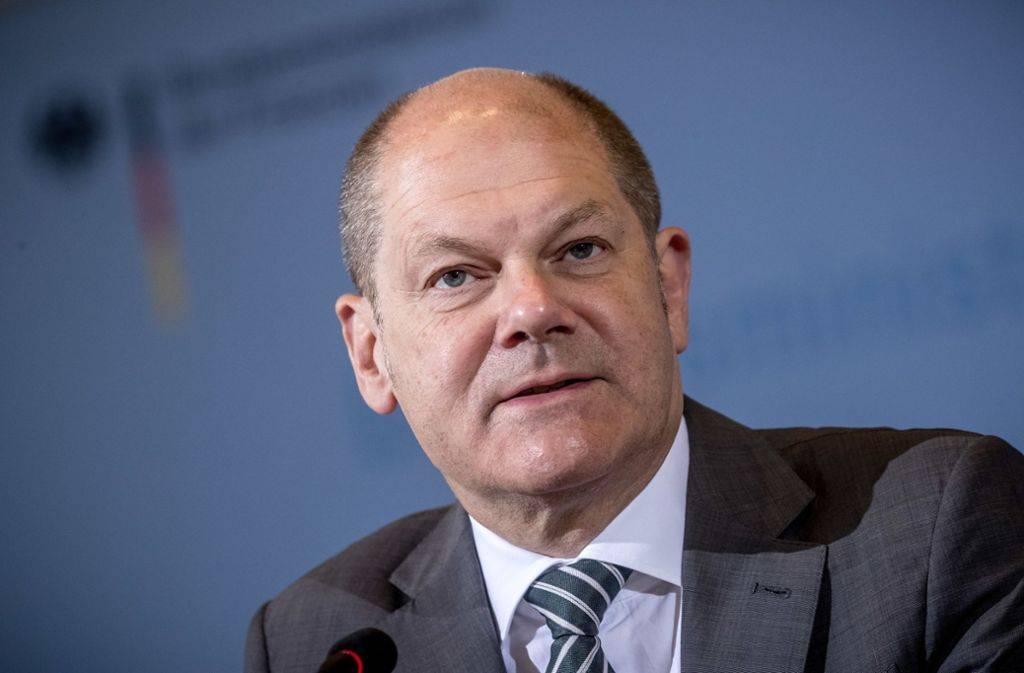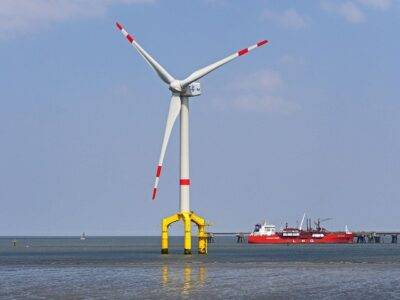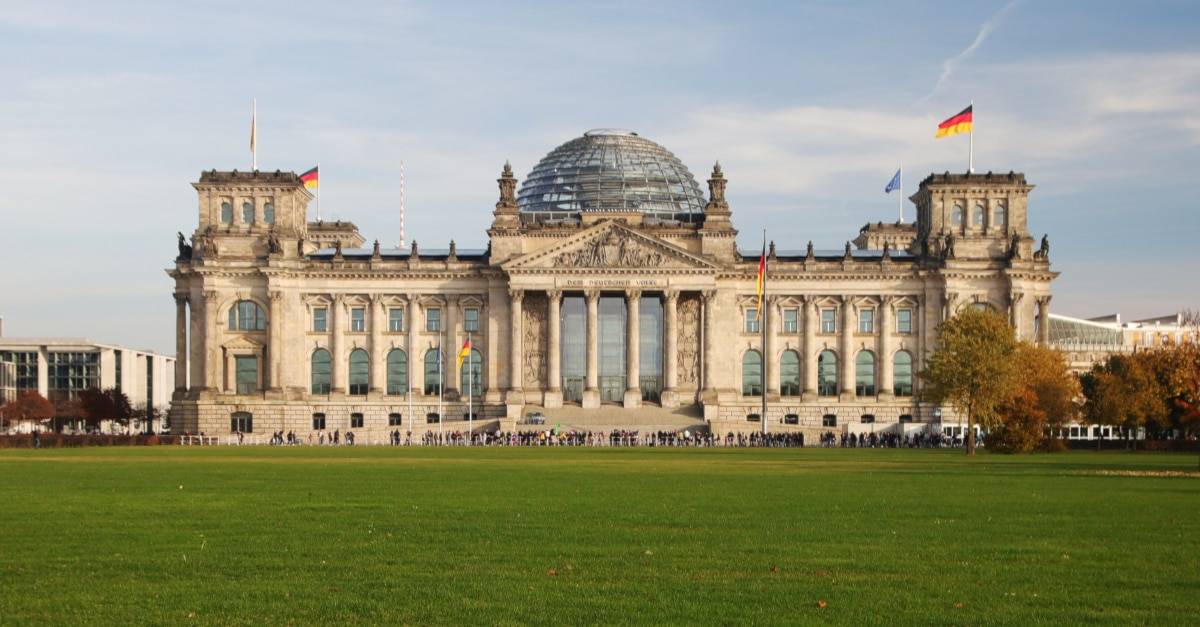Germany’s current political and economic landscape reflects a nation navigating change and embracing challenge. Political stability, leadership transitions, resilience in the face of economic turbulence and a commitment to sustainability define Germany’s trajectory. Germany’s economic power is a formidable force on the global stage, although its scale must be measured against other major world leaders such as the United States or China. As Germany continues to adapt and evolve, it plays a vital role in shaping the future of Europe and addressing global issues.
Stability, transitions and evolving dynamics

Germany’s political landscape has long been characterised by stability, anchored by parliamentary democracy and a tradition of coalition governments. However, recent years have seen shifts as alternative political parties challenge the established order, reflecting evolving societal concerns. Amid these changes, Germany’s commitment to maintaining political stability remains steadfast. The departure of Chancellor Angela Merkel marked a significant turning point in German politics, ushering in a new era under Chancellor Olaf Scholz (on the picture). Leading the nation through a dynamic geopolitical landscape, Scholz faces the task of tackling pressing issues such as climate change, digital transformation and social inequality.
Photo Credit: DPA
Resilience, adaptation and sustainable growth


Known for its manufacturing strength and robust exports, Germany’s economy has shown remarkable resilience in times of global economic turbulence. Despite challenges such as the eurozone debt crisis and the recent COVID-19 pandemic, Germany’s well-diversified industrial base and highly skilled workforce have played a key role in its economic stability. This resilience positions Germany as a key economic driver within Europe and beyond. Germany has become a global leader in promoting sustainability and renewable energy. The Energiewende initiative, which aims to phase out nuclear power and reduce greenhouse gas emissions, symbolises Germany’s commitment to a sustainable future. However, this ambitious transition poses complex challenges, including energy costs, grid stability and industrial competitiveness. Striking a balance between environmental imperatives and economic considerations is crucial to successfully managing the energy transition.
Germany is Europe’s unrivalled economic empire, capturing the hearts and minds of the elite with its economic sovereignty, industrial prowess and privileged access to the prosperous European Union market. If you’re looking to expand your business network in Europe, Germany should definitely be on your radar.








